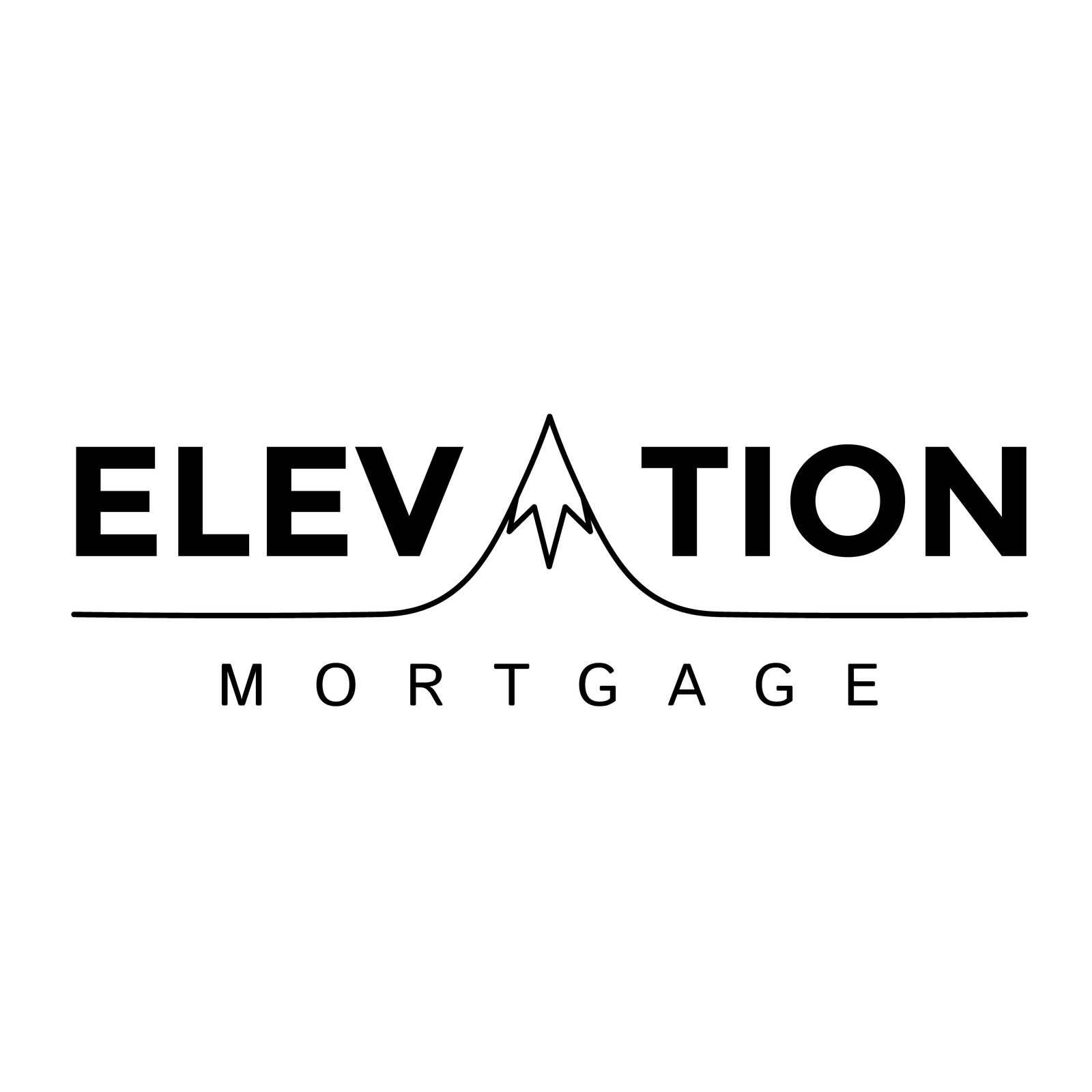Saving for a substantial down payment poses a major challenge for numerous aspiring home buyers. However, this obstacle can be easily overcome! By opting for an FHA 203(b) loan, home buyers can benefit from a minimal down payment stipulation, turning the dream of homeownership into a tangible reality.
Understanding an FHA 203(b) Loan
The FHA 203(b) loan stands out as a favored mortgage choice for first-time home buyers, though it caters well to most seeking a primary residence. Falling under the Federal Housing Administration (FHA) umbrella, this loan type comes with federal backing and insurance, overseen by the U.S. Department of Housing and Urban Development (HUD).
Despite being government-backed, you obtain the loan directly from an FHA-approved lender. These lenders extend 15- or 30-year mortgages with favorable interest rates and more lenient credit conditions.
A key benefit of the FHA 203(b) loan is the minimal down payment needed. With as little as 3.5% down, eligible buyers can secure a home loan covering 96.5% of the property value.
Who qualifies for an FHA 203(b) loan?
For those contemplating an FHA 203(b) home loan, let’s delve into the eligibility criteria.
- For first-time home buyers, the low down payment requirement is particularly advantageous.
- Real-estate investors have the opportunity to buy a property using this loan, with the condition that the property must serve as their primary residence for a minimum of one year post-closure.
- For existing homeowners: If you’ve navigated the home buying journey before, the FHA 203(b) loan remains a viable choice if you intend to sell your current home and purchase a new one. This loan option is also suitable for current homeowners seeking to refinance their property and cover renovation costs.
If you don’t intend to reside in the property, this loan isn’t suitable since it’s designated for primary residence use only.
FHA 203(b) Criteria
To be eligible for an FHA 203(b) loan, you must adhere to the specific criteria established by the Federal Housing Administration. Here are the key requirements you must satisfy to qualify:
- For single-family mortgages, a 3.5% down payment is required on top of meeting standard FHA qualifications.
- Credit Score Guidelines: Although the FHA sets the bar at a minimum of 500, many lenders seek a higher credit score for this loan. Rocket Mortgage® mandates a minimum credit score of 580 for eligibility.
- With a DTI of 57% or lower, lenders assess your debt-to-income ratio to understand your existing financial commitments.
- To be eligible for an FHA loan, the property’s value must fall within specified limits, which differ depending on the location. As of 2023, the FHA sets varying maximum mortgage limits for different property types. For single-unit properties, these limits range from a minimum of $472,030 (referred to as the “floor”) to a maximum of $1,089,300 (known as the “ceiling”).
- Only one to four-unit structures are allowed: The property can have a maximum of four units. Single-family homes, duplexes, triplexes, and quadplexes are all examples of properties eligible for purchase using an FHA 203(b) loan.
- Mortgage insurance offers flexibility: You can choose to pay the 1.75% upfront premium at closing or include it in the loan. Remember, there is also an annual premium to be accounted for.
Obtaining an FHA 203(b) loan involves fewer strict requirements compared to a conventional loan. This leniency stems from the government’s commitment to compensate the lender for losses in case of loan default.
If you find it challenging to meet these stipulations, focus on enhancing your financial standing before embarking on your home search. Consider actions such as elevating your credit score or settling debts to reduce your debt-to-income ratio.
FHA 203(b) Appraisal Criteria
Like all home loans, an FHA-approved appraiser must evaluate the property. The FHA appraisal establishes the home’s value and confirms compliance with FHA’s minimum property standards. These standards ensure the home is safe, structurally sound, and free from health hazards.
The Difference Between FHA 203(b) and FHA 203(k)
An FHA 203(b) loan is typically used for move-in ready homes, while the FHA 203(k) loan caters to home buyers eyeing properties in need of significant repairs or modifications. To qualify for a standard 203(k) loan, a home must require a minimum of $5,000 in essential structural repairs and additions, with the property’s total value meeting the FHA mortgage limit for the area. Individuals seeking a fixer-upper opportunity should explore FHA 203(k) loans.
For those aiming to finance repairs, improvements, or upgrades up to $35,000 without a minimum requirement, FHA’s Limited 203(k) program is an option. It’s important to note that Rocket Mortgage does not provide FHA 203(k) loans.
If you prefer to skip major renovations before moving in, consider the FHA 203(b) loan program as a viable option.
In Summary
The FHA 203(b) loan stands out as an appealing choice for first-time buyers, real estate investors, and current homeowners transitioning between homes. It’s also a viable option for those in need of refinancing to cover renovation costs. To qualify for an FHA 203(b) loan, borrowers must meet specific criteria, such as making a 3.5% down payment, having a credit score of at least 580 and maintaining a DTI of 57% or lower. If you’re prepared to embark on the home buying journey, take the first step by applying for mortgage approval today.

Reed Letson
Reed offers two decades of expertise as a mortgage broker, focusing on veterans and first-time home buyers. With a strong grasp of real estate and mortgage markets, he empowers clients with practical insights. Reed's passion is guiding clients to build wealth through real estate investments and financing solutions.
